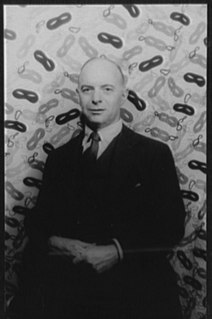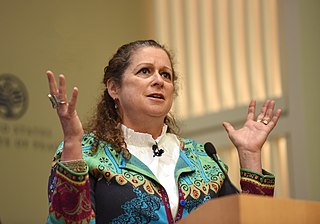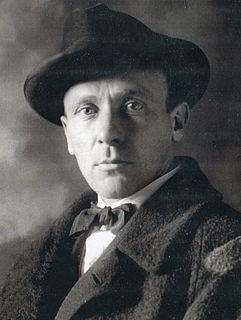A Quote by Louis Kronenberger
Educated people do indeed speak the same languages; cultivated ones need not speak at all.
Related Quotes
I speak English, obviously, Afrikaans, which is a derivative of Dutch that we have in South Africa. And then I speak African languages. So I speak Zulu. I speak Xhosa. I speak Tswana. And I speak Tsonga. And like - so those are my languages of the core. And then I don't claim German, but I can have a conversation in it. So I'm trying to make that officially my seventh language. And then, hopefully, I can learn Spanish.
I can read more languages than I speak! I speak French and Italian - not very well, alas, but I can get by. I read German and Spanish. I can read Latin (I did a lot of Latin at school.) I'm afraid I do not speak any African languages, although I can understand a little bit of the Zulu-related languages, but only a tiny bit.
Americans don't speak foreign languages, by and large. Their interest in anything beyond the borders of the country is limited. A European of any cultivation has to speak a couple of languages; he inevitably without being very thoughtful about it gets to understand what other people think about him.
All people in the world - who are not hermits or mutes - speak words. They speak different languages, but they speak words. They say, "How are you" or "I'm not feeling well" all over the world. These common words - these common elements that we have between us - the writer has to take some verbs and nouns and pronouns and adjectives and adverbs and arrange them in a way that sound fresh.
There is a slam-dunk case for extending foreign language teaching to children aged five. Just as some people have taken a perverse pride in not understanding mathematics, so we have taken a perverse pride in the fact that we do not speak foreign languages, and we just need to speak louder in English.






































